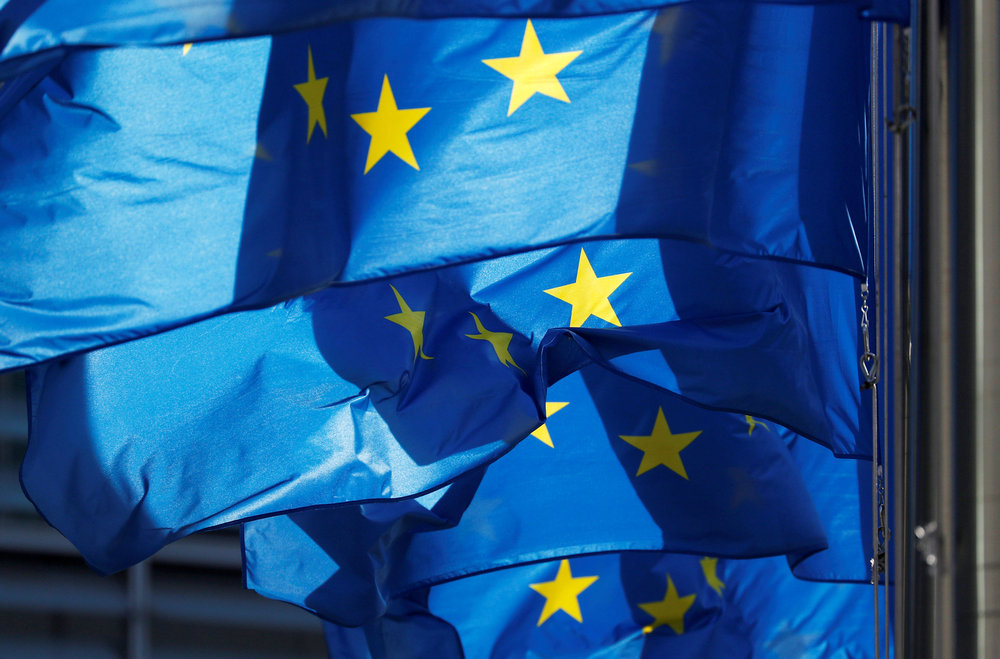STRASBOURG, Dec 14 — A key committee of EU lawmakers today backed major legislation to regulate online content, part of the bloc’s sweeping efforts to curb the power of tech giants.
The legislators at the European Parliament overwhelmingly approved their version of the Digital Services Act (DSA) designed to make behemoths like Google, Facebook and Amazon tackle illicit content and monitor goods sold via their platforms.
The draft from the lawmakers — set to be voted on by the entire parliament in January — lays out tougher demands on the tech firms than those proposed by the EU’s executive branch and agreed by the bloc’s 27 member states.
The final law, along with companion legislation the Digital Markets Act rewriting competition rules for big tech, will have to be hammered out between national capitals and MEPs, with the hope to have them in force on January 1, 2023.
“Algorithms challenge our democracies by disseminating hatred and division, tech giants challenge our level playing field, and online marketplaces challenge our consumer protection standards and product safety,” MEP Christel Schaldemose, who is spearheading the drafting in parliament, said in a statement.
“This has to stop. For this reason, we are building a new framework, so that what is illegal offline is also illegal online.”
The big tech companies and other interests are lobbying furiously to influence the outcome, and member states will weigh in until the end with their own national priorities.
The Computer & Communications Industry Association, a lobby for big tech, said it welcomed the “major milestone” on the Digital Services act, but cautioned more work was needed “on marketplace obligations, user redress, and data disclosure”.
The progress on thrashing out the rules for online content came as lawmakers at a plenary session in Strasbourg were also set to vote on the parliament’s version of the Digital Markets Act.
Some lawmakers are pressing for last-gasp efforts to tighten regulations to prevent tech giants from taking over smaller rivals and then shutting them down. — AFP






















